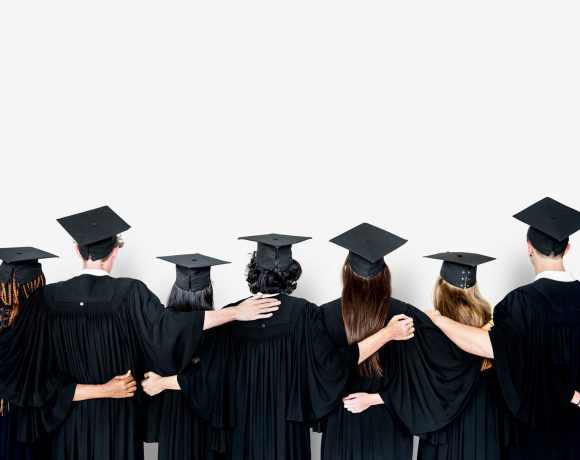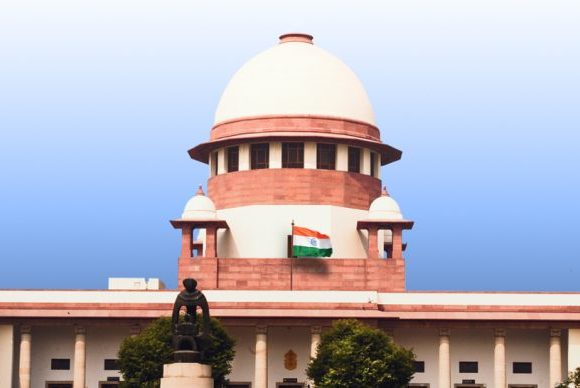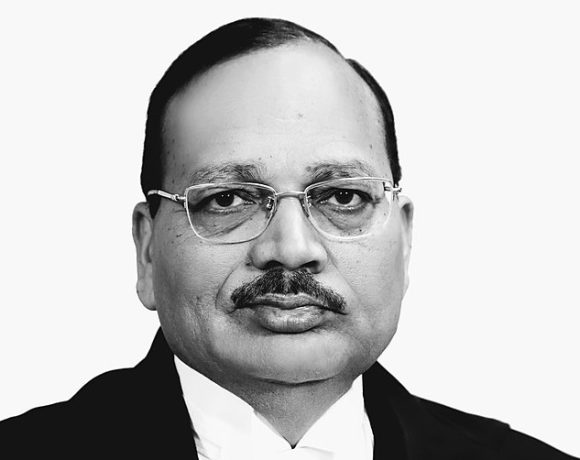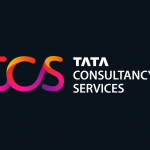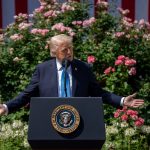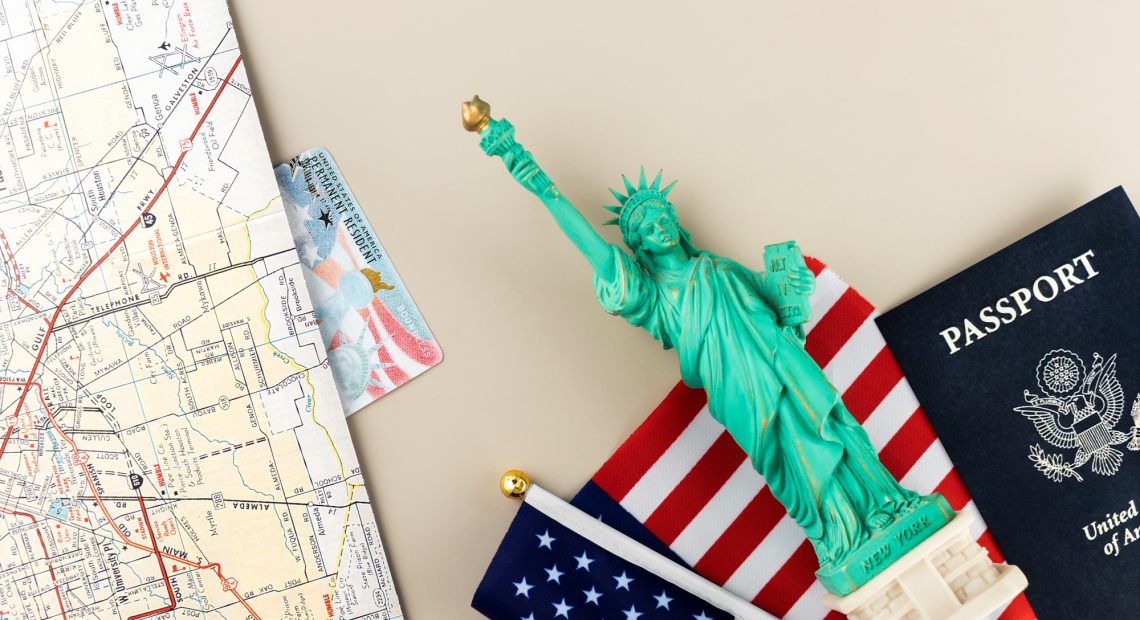
U.S. Resumes Student Visas with Social Media Condition
The United States has resumed issuing student visas after a temporary suspension, but with a controversial new requirement: applicants must now make their social media accounts publicly accessible as part of an enhanced vetting process. This development affects foreign students applying under the F, M, and J visa categories and has sparked debate over privacy and free speech.
Under the updated guidelines, visa applicants must adjust their privacy settings across all major platforms to allow U.S. consular officers full visibility of their online activity. Failure to comply may result in visa denial. Officers have been instructed to review applicants’ online presence for content perceived as hostile or critical of the U.S. government, its citizens, or its core institutions.
Student Visas
The reinstatement of visa processing follows a suspension that had left thousands of international students in limbo. With this resumption, embassies and consulates have been ordered to resume interviews while simultaneously enforcing the new screening policy. The measure is part of broader efforts to tighten national security by preemptively identifying individuals who may hold extremist views or be involved in suspicious digital activity.
Social Media
According to new internal instructions, officers must evaluate posts, comments, and shared content for signs of political radicalism or ideologically charged statements, particularly in the context of ongoing global conflicts. Special attention will be paid to applicants from countries with recent geopolitical tensions. The review process is expected to take up to five business days from the time of the visa interview.
Students applying for exchange programs and those enrolling in institutions with relatively low international populations will be given priority scheduling, possibly as a goodwill gesture to maintain educational diversity.
National Security
Civil rights groups have raised concerns about the implications of this directive. Critics argue that it sets a dangerous precedent by forcing individuals to forgo digital privacy for access to education. Some fear that students may self-censor legitimate political expression out of concern it could be misinterpreted by visa authorities.
Academic institutions are also closely watching the policy’s effects, as the U.S. hosts over 1.1 million international students annually. University administrators worry that such surveillance might deter future applicants or complicate their onboarding processes.
As the U.S. balances national security concerns with its reputation as a global academic hub, the long-term impact of this policy remains uncertain. For now, international students hoping to study in the U.S. must prepare to open up their digital lives to scrutiny as a precondition for entry.


